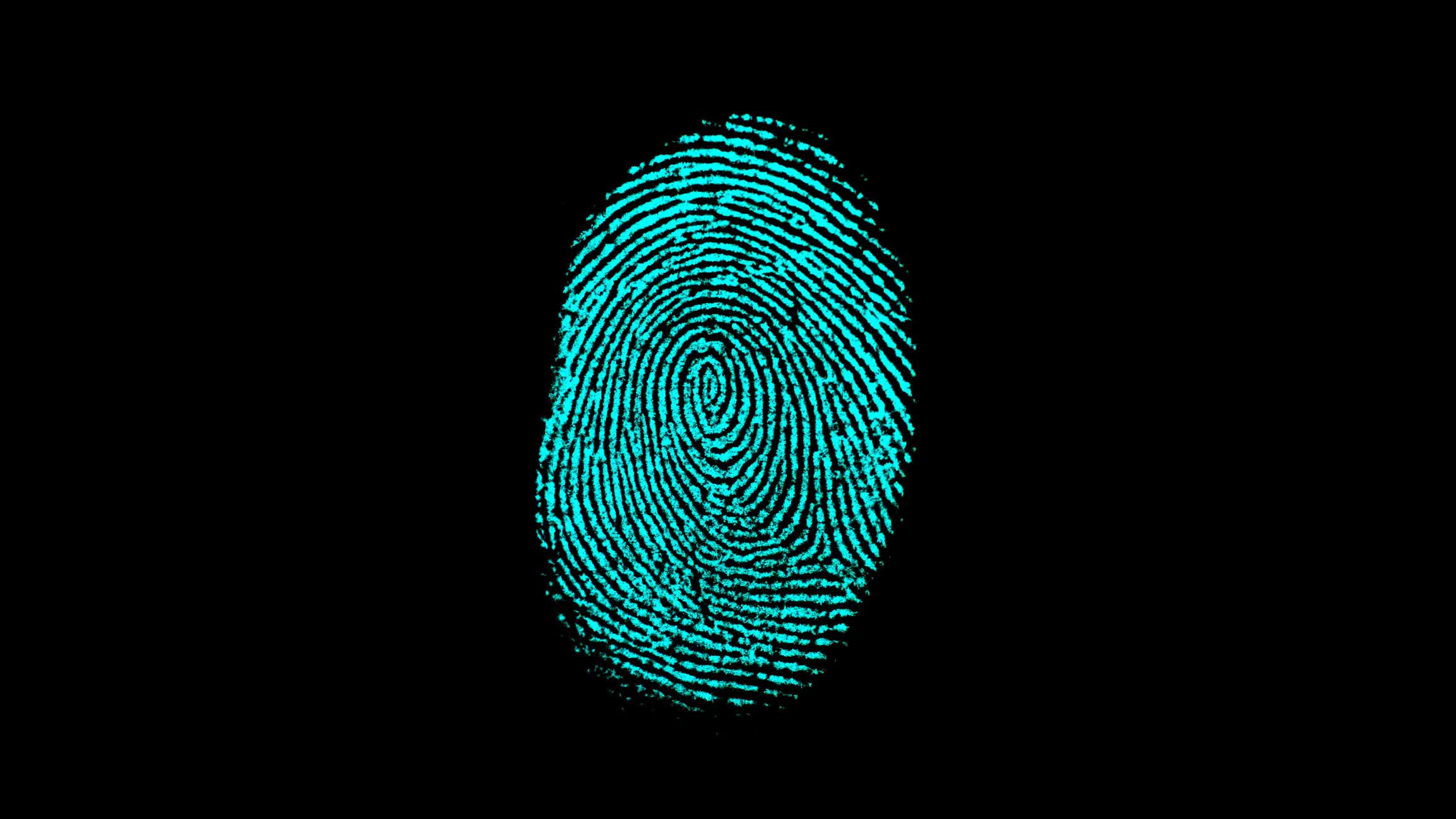The big picture: A coalition composed of some of the world's largest camera manufacturers has been discreetly testing a new authentication technology based on digital signatures. The solution now appears to be ready for market release.
Nikon, Sony, and Canon are taking steps to safeguard the work of photojournalists against the threat of sophisticated fake images generated by AI algorithms. The three Japanese manufacturers have collaboratively developed a new technology featuring "tamper-resistant" digital signatures. This innovation aims to facilitate the differentiation between authentic photos and AI-generated visuals, offering increased security for companies and news organizations.
The anti-tamper technology is expected to be integrated into new or recent cameras by 2024, as reported by Nikkei Asia. The digital signatures appended to photos will include vital information such as date, time, location, and even the photographer's identity, adhering to a "global standard" adopted by Nikon, Sony, and Canon.
Additionally, the companies will introduce a web-based "Verify" service for authenticating images at no cost. For images equipped with a digital signature, the Verify website will display the date and other embedded credentials. If an image has been generated by AI or tampered with, the web tool will indicate "No Credentials."
Given that Japanese manufacturers command approximately 90 percent of the global camera market, this new digital signature technology is poised to become a widely adopted solution for image authentication among photojournalists worldwide. Sony plans to incorporate the technology into three "professional-grade" mirrorless SLR cameras through firmware updates in the spring, according to Nikkei.

Sony will provide its own authentication server to verify the integrity of digital signatures. The company reportedly tested this solution with the Associated Press in October, and future cameras equipped with digital signature capabilities are anticipated.
Canon is set to offer similar authentication services in 2024, and the company is actively developing a solution to incorporate robust digital signatures into video content. Canon has been collaborating on this initiative with news agencies and universities since 2019.
The rise of generative AI services has led to the creation of increasingly sophisticated deepfake content and manipulated images of notable individuals. Moreover, the speed of generation has accelerated, with a new generative model from Tsinghua University capable of producing around 700,000 images per day.
In response to the proliferation of deepfakes, various countermeasures are being developed. Notably, Google has introduced a tool that embeds "invisible" watermarks in AI-generated images, while Intel has devised a solution that assesses image authenticity by analyzing changes in skin color, and Adobe is collaborating with Leica to support Content Credentials, a signature-based security feature.
